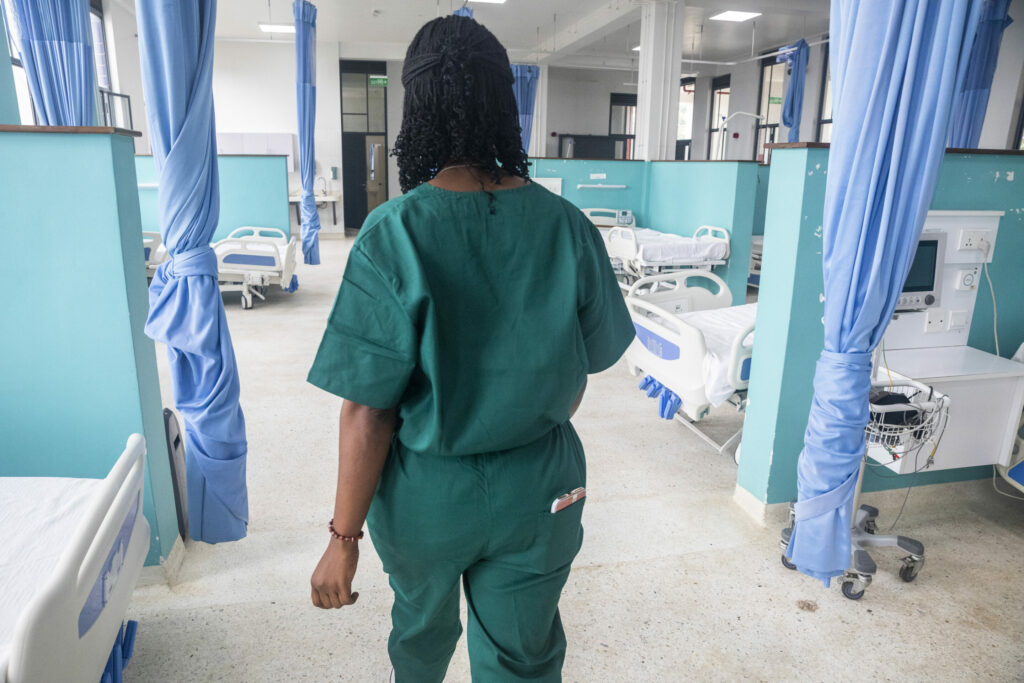The outbreak of an Ebola-like virus in Rwanda is being closely monitored by the Belgian health authorities, announced the Risk Management Group (RMG) on Tuesday. While the health risk for the general population in Belgium is considered low, the RMG urges citizens to remain vigilant.
The Marburg virus disease (MVD) is transmitted via direct contact with fluids of a contaminated person. Its symptoms include severe bleeding, high fevers, nausea, cramping and diarrhoea. The condition is fatal on average for 50% of cases, according to the World Health Organisation (WHO). There are no specific treatments or vaccines for the MVD.
As of 29 September, 26 cases were confirmed, eight of which were fatal, the WHO said. Around 300 people have been identified as having potentially been in contact with infected patients. One person travelled to Belgium from Rwanda, however, they presented no symptoms during their 21-day monitoring period, the Belgian public health authorities confirmed to the WHO.
People who have been in Rwanda within the last three weeks and have been in contact with an infected person or are experiencing symptoms are advised to phone their doctor and explain their travel history.
More information and updates regarding travel advice to Rwanda can be found on the Institute of Tropical Medicine's Wanda website.
The Belgian Government was informed of the viral outbreak by a Rwandan government official on 28 September. Both the RMG and the Risk Assessment Group are closely monitoring the situation.
This is the first case of MVD reported in Rwanda. The WHO stated that it is still unclear what caused the outbreak.
What is the Marburg virus disease?
The Marburg virus disease (MVD) is an illness that can cause hemorrhagic fevers. Symptoms of the disease tend to begin abruptly, and typically include high fevers and severe headaches. Within a few days, an infected person tends to experience diarrhoea, cramping, nausea and vomiting. Severe bleeding also occurs in some of the cases.
The fatality rate of the condition varies between 24% to 88% depending on the strain of the virus and the medical intervention, according to the WHO. There are currently no specific treatments or vaccines for MVD.
The virus is transmitted between people through direct contact with blood, bodily fluids, and secretions of an infected person. Direct contact with surfaces or materials with contaminated fluids can also spread the virus.
Initial infections are usually caused by close contact with Rousettus bats, a type of fruit bat often found around caves or mines.

